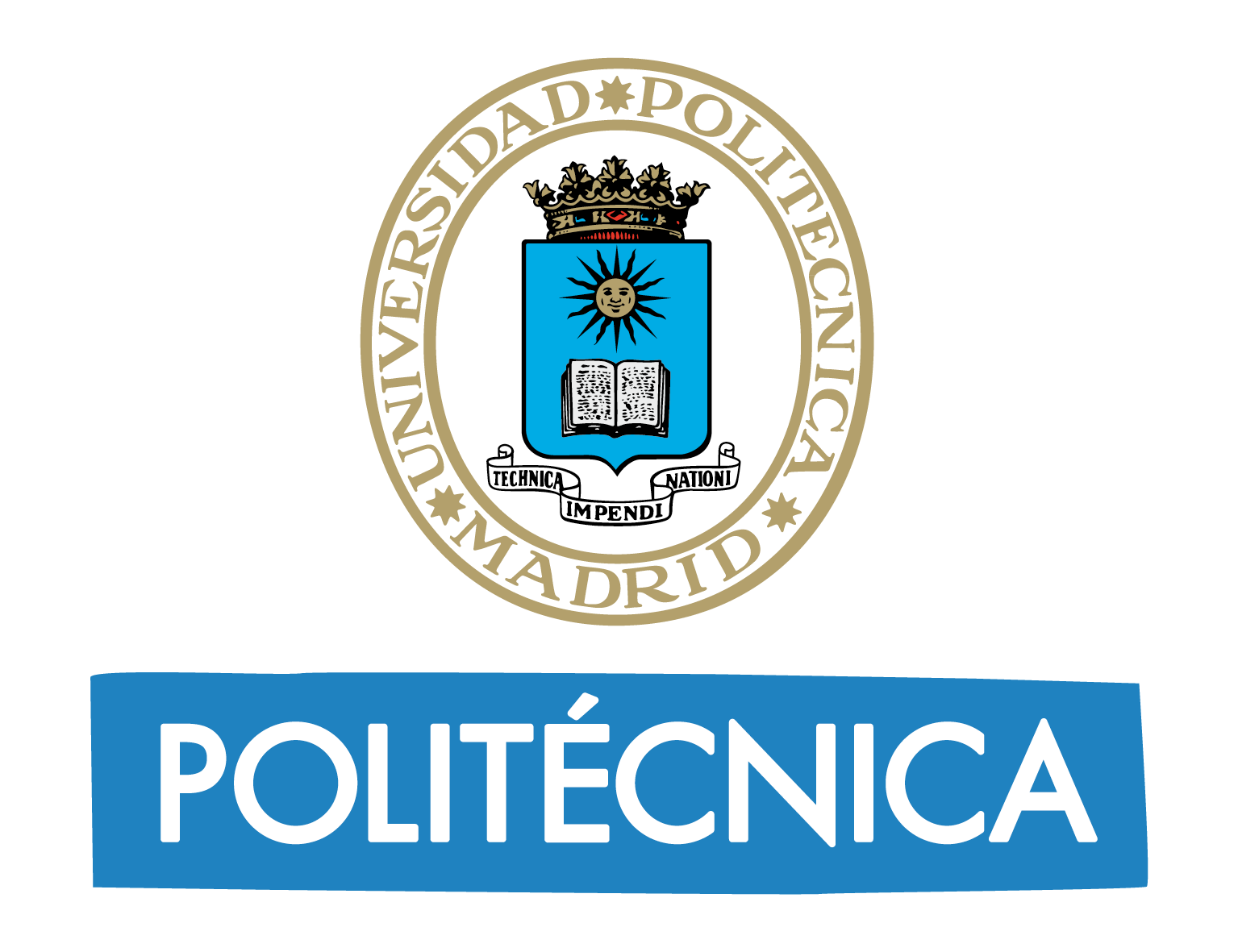Engineering for Structures, Foundations and Materials
| Centre | ESCUELA TECNICA SUPERIOR DE INGENIEROS DE CAMINOS, CANALES Y PUERTOS |
|---|---|
| Official Degree | Engineering for Structures, Foundations and Materials |
| Web | http://www1.caminos.upm.es/muiecm/ |
| Area | Civil Engineering, Energy Sustainability and Environment |
| Modality | On-campus education |
| Credits | 75 ECTS |
| Languages | Spanish |
| Orientation | Academia Research |
| Contact | Javier San Felipe +34 9106 74079 javier.sanfelipe@upm.es |
| Presentation | Structural Engineering is a field whose evolution has shown signs of greatly increased activity in recent decades, encouraged by the advances in computing, observation and measuring techniques, together with the manufacture of new materials. The availability of these techniques has given rise to the creation of theoretical models applied to new structural materials, to conventional ones and biological materials with a structural function. It has also contributed to the development of refined calculation methods that permit the innovation of structures with a traditional function, design new structures with advanced functions and model the structural behaviour of biological organs and components with the relevant mechanical functions. This boost in research is having greater and greater repercussions on the improvement of conventional materials, in the knowledge of the biological materials as an inspiration for the development of new structural materials, in the progression towards the design of materials, in the construction of safer and reliable infrastructures which are in harmony with the environment, in the creation of advanced infrastructures, and in the improvement of diagnostic and therapeutic aspects of significant diseases. If, as is hoped, the tendency continues, a strong demand for PhD graduates would be created within this field of engineering in research centres, universities, regulatory bodies in the government administration and the R&D departments of companies in the construction sector. The opportunity, the interest and the relevance of the program are fully justified. The master program comprises 75 credits ECTS (approximately 1 1/4 years full time, although part-time is also possible). It includes the following modules:
Admission requires a university degree in civil engineering or similar fields (mechanical, architecture, aerospace...) with a total duration of at least 240 credits ECTS (equivalent to 4 years full-time studies). |
| Interuniversity | No |


